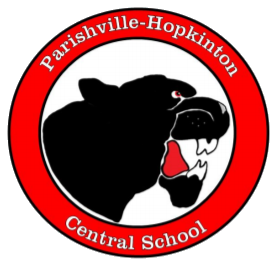Skip to content
Show submenu for DISTRICT
DISTRICT
District Documents
School Budget and Tax Information
Show submenu for Board of Education
Board of Education
Board of Education Meeting AGENDAS
Board of Education Meeting MINUTES
Show submenu for OUR SCHOOL
Show submenu for PROGRAMS @ PHCS
Show submenu for PARENTS&COMMUNITY
PARENTS&COMMUNITY
Required Notifications
Show submenu for
